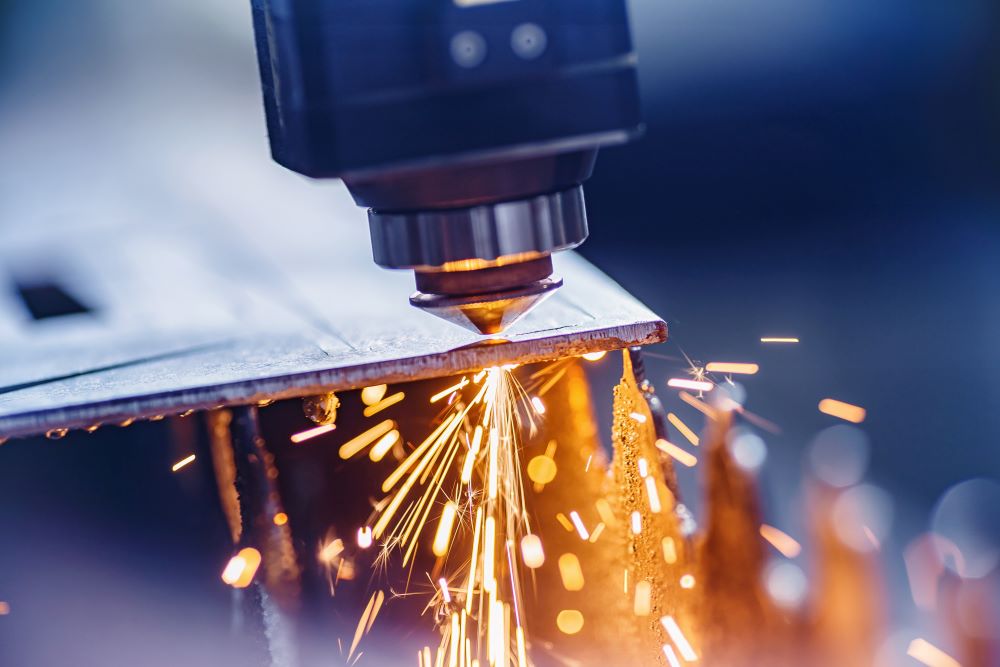
Manufacturers have criticised the European Commission’s decision to raise the quota of steel imports eligible for tariff-free trade from 3% to just 4% of annual demand.
Once this quota has been reached, importers will have to pay 25% tariffs on steel from third-party countries including the US.
According to the FT, the so-called ‘safeguard tariffs’ were introduced in 2018 to avert a steel price hike after President Trump imposed duties of 25% on imports of the metal into the US.
No longer necessary
However, according to the ACEA, which represents carmakers in the EU, the EU’s policy of retaining tariffs, long after steel makers have returned to profitability, is not only a worrying one, but also unnecessary.
It argues the safeguards have contributed to high prices and product scarcity in the EU, while the ban on imports of Russian steel render them unnecessary.
Speaking to the FT, an ACEA spokesperson said: “Domestic steel producers are still incapable of satisfying the needs of EU automakers,” while the safeguards “artificially maintain record prices.”
Finished steel imports from Russia and Ukraine together totalled around 6m metric tonnes (mt) in 2021, around 20% of total EU imports and 4% of EU steel consumption of 150 million mt, according to European steel producers’ association Eurofer.
Prices falling
Eurofer support the Commission’s safeguards however, telling S&P Global that the small quotas continue "to avoid serious disruption from sudden import surges without micro-managing supply or prices”.
“Having peaked in March, European steel prices are now quickly and significantly decreasing (below US price level) as steel users are limiting orders speculating on further price decreases," it added.
UK steel
UK steel exporters are now able to send more to the US without having to pay tariffs, the government announced last week.
Since 1 June, exporters of steel have been able to export up to 500,000 metric tonnes per year duty-free, including that which is exported to the US via the EU.



